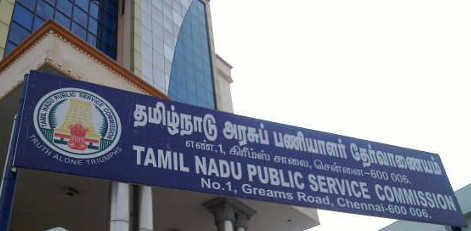Winters in Chennai to become warmer by 2 degrees by the year 2050
Posted on: 17/Jun/2019 9:50:59 AM
Hot, hotter and hottest are the 3 terms often used by many when they describe about the weather in the Chennai city. The reason for that is because the weather conditions in Chennai city do not change much throughout the year and remain hot only. This is different from other cities like Delhi etc where the summers would be very hot and winters would be very cold.
It is now brought out that this term `hot` weather throughout the year in Chennai could become true in the future. The shocking information collected is by the year 2050, there would be 2 degrees rise in the temperature in the winter season and post monsoon and this was as per the findings of the researchers belonging to Chennai based Anna University or AU. The winters would be uncomfortable for the residents of Chennai.
Thermal comfort is an important factor in many cities across the world. It is worthy to note that the effective temperature is the combined effect of temperature and the relative humidity on the human body. This only is responsible for the thermal comfort which is expected to change in the future due to climatic changes. Point here is thermal comfort is calculated using temperature humidity index or thermo-hygrometric index or THI. It was later pointed out by Mr. K. Palanivelu, director, Centre for Climatic Change and Adaptation Research, AU that if the temperature is 35 degree Celsius the relative humidity present makes us feel as if the temperature is above 40 degrees and the researchers studied this change in THI.
To arrive at a projected THI in future, Mr. Palanivelu and his co-researchers Anushiya Jeganathan and Ramachandran observed changes in the last 60 years from 1951 to 2010 of daily maximum temperature and relative humidity data of Chennai.
It is important to note that this study was made using a method to project future climate scenarios developed at the centre with the help of UK meteorological offices PRECIS ( Providing Regional Climate for Impact Studies) software. According to Anushiya Jeganathan, long term analysis showed about steady increase of the discomfort in the city of Chennai. The increase in the winter temperatures was observed in many parts of the world including Chennai city. In 2 phases from 1951 to 1980 and from 1980 to 2010, the changes in the comfort level was studied. As per the research studies, it is very clear that the changes in the discomfort levels saw a regular increase in second phase than the first phase.
It must be noted that in 1981 to 2010 phase the THI went up in all the months except June, August and September months. In the months of February (1.1 degree Celsius) followed by January and March (1 degree Celsius) significant increase was seen.








